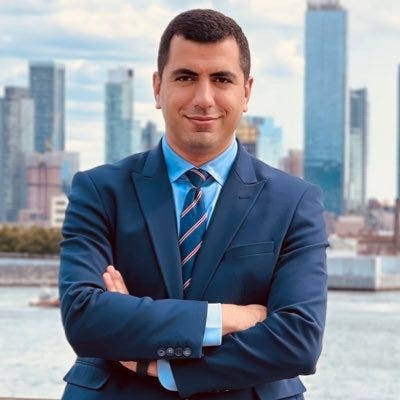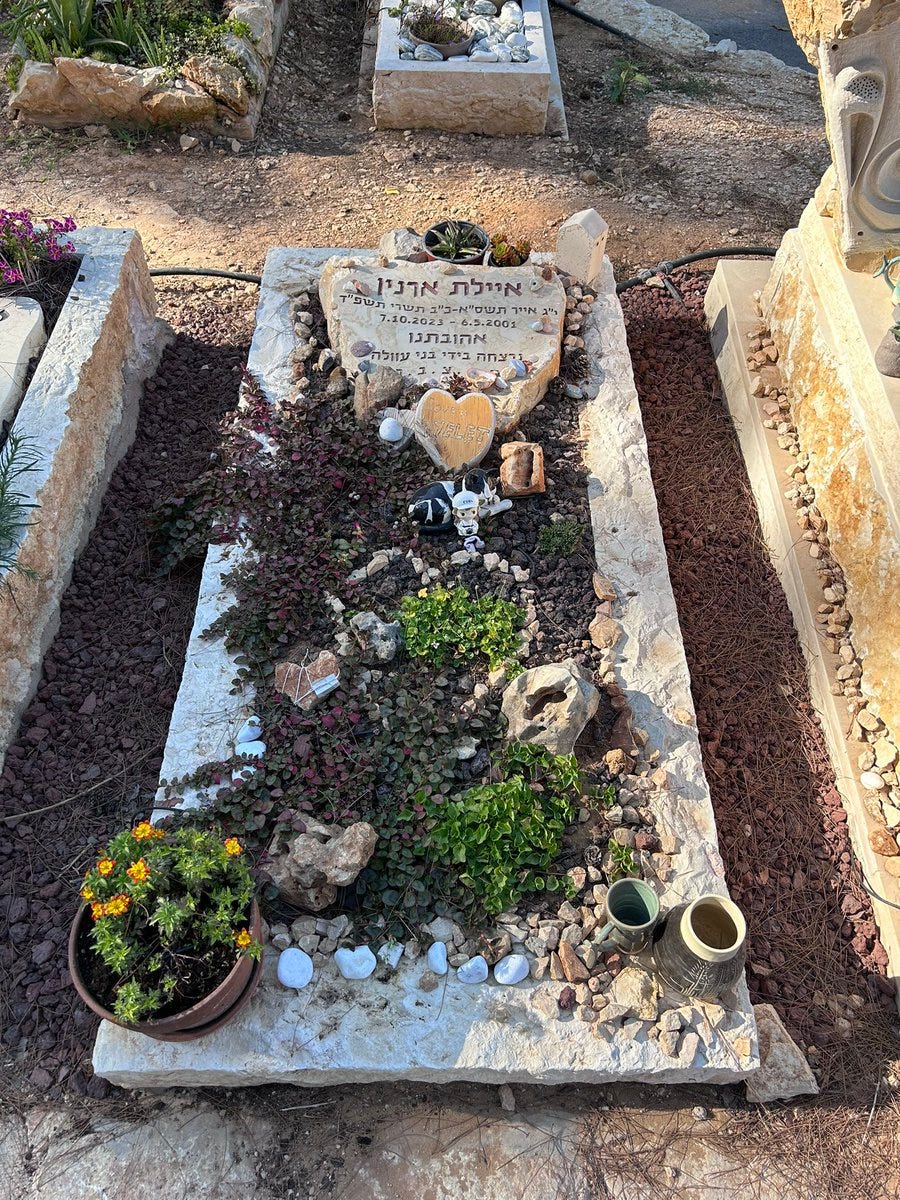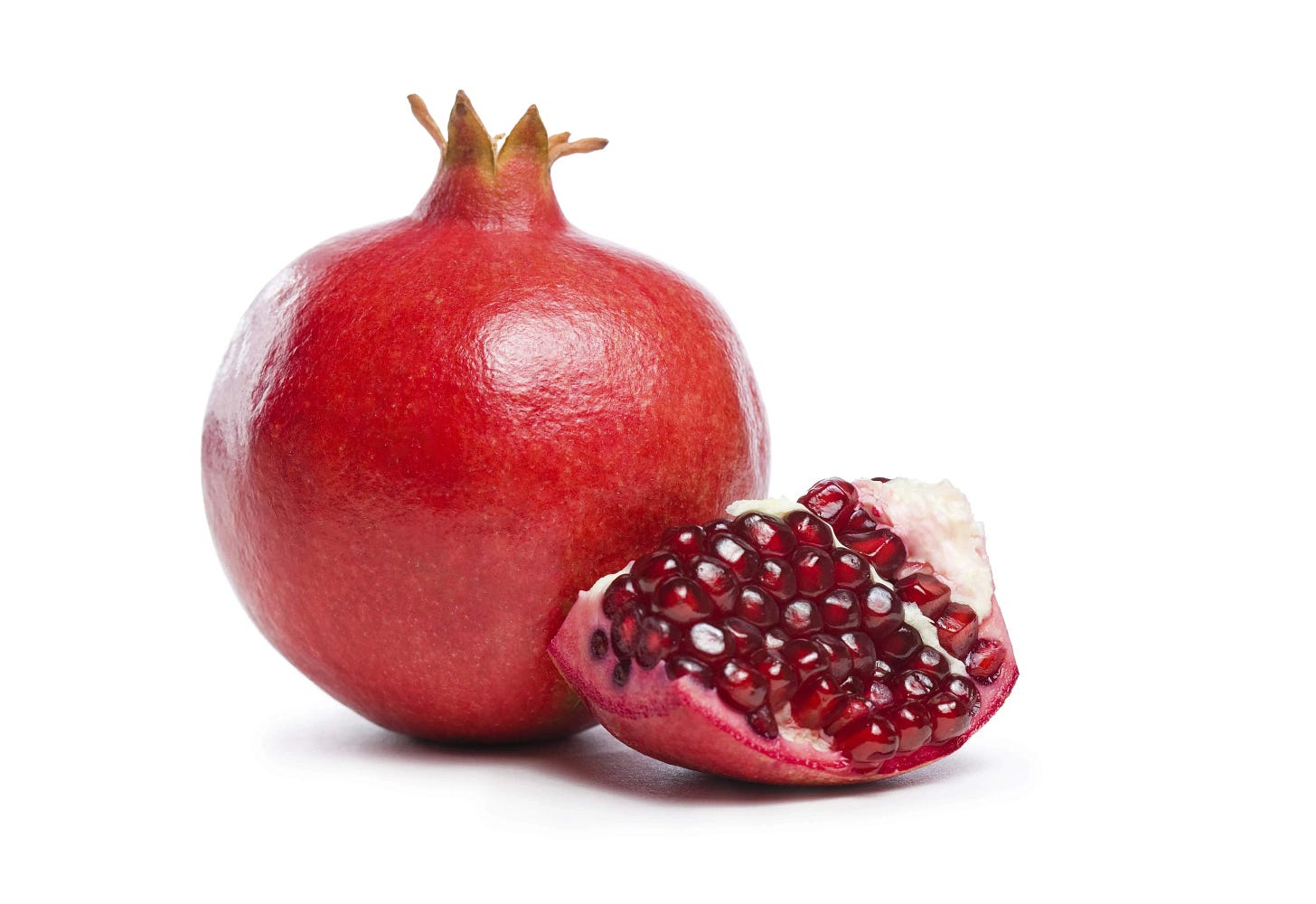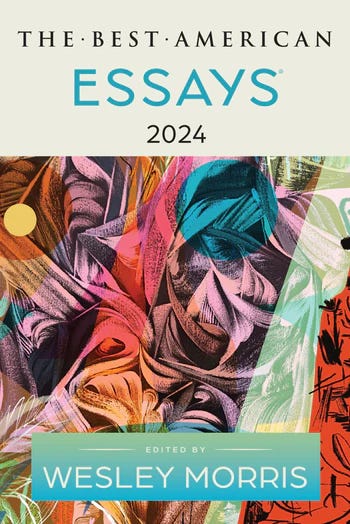I couldn’t resist sharing this beautiful poem about Tashlich by Richard Michelson. Something I love about it is how it moves between the singular— “my sins”— in the title, and the plural— “our souls”— by the second line.
So much of the Yom Kippur liturgy is in the plural— “our sins”. Al chet sh’chatanu. “Of the sins we have sinned.”
And yet so much of this time of the Jewish year is about personal responsibility, about what each of us as individuals must do. It’s also about what each of us can do, and perhaps, what we should have done—and should do, going forward.
Tashlich is the prayer that accompanies the ritual of casting small pieces of bread into a body of water, to symbolize sins. Many do tashlich on Rosh Hashanah, but it’s permissible to conduct this ritual until the last day of Sukkot—which, this year, is October 23rd.
In this difficult moment, returning to ancient words and centuries-old rituals for comfort and meaning can feel different. Michelson’s opening words directly address an individual’s feeling toward God in a tough time: “As if God had kicked the crutch of belief out from under / the limbs of the wounded.” But watch where Michelson goes from there.
MEDITATION AFTER CASTING MY SINS UPON THE WATERS
As if God had kicked the crutch of belief out from under
the limbs of the wounded. As if our souls were unwanted
weekend guests in the summer beach house of the body.
As if I were still the magician’s pre-pubescent assistant,
waving my skinny arm and wand. I Will Create as I Speak
the Lord once saith, in Aramaic no less—Avra Kahdabra—
distracting us with cape and hat and that sly, cunning grin.
O how I envied His deep voice and gift for misdirection.
And now my astonishment at this morning’s small miracle
when, up early and stumbling at the shore, I saw, as I fell
face down into the shallows, my sins swimming about me
like a school of minnows, no, I mean like my own fingers,
all ten of them, intertwining into a gesture of prayer.
This lovely poem, powered by the phrase “as if,” is from Richard Michelson’s collection Sleeping as Fast as I Can, which I have previously written about in this newsletter, and highly recommend. (In case you missed it: Are We Here to Be God's Body or God's Language? )
But I have not written about my continuing admiration for a journalist—Suleiman Maswadeh, who grew up in the Old City of Jerusalem and now reports on television, in Hebrew, as the diplomatic reporter for Kann News, Israel’s public broadcaster.
I always learn something from Suleiman, especially at the toughest moments.
It was hard for me to find anything to say on October 7th, which has become one of the saddest days in the calendar. And then, I noticed that Suleiman tweeted—in Hebrew—about his beloved colleague, Ayelet, who was murdered that day.
She was 23.
I emphasize “in Hebrew” because Suleiman has spoken about how he learned Hebrew as an adult, at age 20, after studying at a university in Arabic. A detailed and fascinating interview about Suleiman’s life and education—what he knew and didn’t know—is in Haaretz, but it is now paywalled, so I am including this snippet from an interesting interview Maswadeh did with CNN.
“I was born in East Jerusalem to a Palestinian family, to a Palestinian culture. I’m not ashamed to say that I’m Palestinian. But I also live in Israel and also feel Israeli in some ways,” Maswadeh told CNN. “When people ask me, ‘who are you?’ I don’t know. I just say I come from Jerusalem and I’m a journalist. And that’s the two most important things of my identity.” Read more: On Being a Palestinian Reporter on Israeli Television
As always, Suleiman made me think of the communal—the plural “we”—as well as the individual, the singular, the “I”.
Suleiman Maswadeh, via Twitter.
In his tweet, Suleiman writes of what haunts him. He was supposed to be there, with her, at the Nova Festival. He wondered what would have happened had he been there. In other words—would he, as an Arab, have been able to save his friend, who like him, was a busy, curious journalist?
Suleiman laments that he was never able to find the time to take Ayelet around the Old City, to show her where he grew up. To let her see through his eyes.
His post is accompanied by a photo of Ayelet’s grave.
If you can read Hebrew, I recommend reading Suleiman’s words in the original. But Google translate is also not bad, in this case. Suleiman Maswadeh on his murdered friend Ayelet
As Yom Kippur approaches, many of us are living in the what-ifs, and the as-ifs, and I will be thinking, too, of Suleiman’s what-if, and of Michelson’s fingers, and of the ancient concept of sins floating away on water.
Two Language Pieces on War & Meaning
I recently wrote two new pieces as part of my ongoing column on language for The Forward, both related to the war. This is a piece on the word rimon, which means pomegranate in Hebrew, and also means grenade. I wrote it on the occasion of Kamala Harris’s planting of a pomegranate tree. On Pomegranates and Grenades
And this is a piece on some major media’s use of dangerously adoring language to describe Hassan Nasrallah, the longtime head of Hezbollah who was recently assassinated. It’s part of my continuing interest in how journalists’ word choices shape what people think, and how history is often obscured by language. Nasrallah Was Not a "Towering Leader"
Best American Essays
An essay of mine, “Esther on the Eve of War,” originally published in The Southern Review, was just named a Notable Essay in Best American Essays. If you’d like to read it, please send me a note, and I’ll happily send you a PDF of the essay. Alternately, if you have insitutional access through Project MUSE, you can read a copy online here: Esther on the Eve of War
I worked on this essay on and off for 20 years. It’s about the language of the Torah, the U.S. entrance into Iraq, terrorism, and history, and how it affects individual people. When I started it, I never thought that war would again be with us, all this time later.
G’mar chatimah tovah. Wishing all of us a better year—full of life, health, meaning, hope, and most of all, peace.
****************************************************************************************************
Hope you find this newsletter meaningful! Thank you for your support of writing with depth.









This poem is exquisite. The images are swirling into one another.
I assume as an Arab he would have either been killed or taken hostage. A few survived by the skin of their teeth. I speak about one Arab in this post:
https://open.substack.com/pub/liba/p/birthday-party-of-a-hostage?r=fxgvw&utm_medium=ios
גמר חתמה טובה
thank you for these thoughtful words!